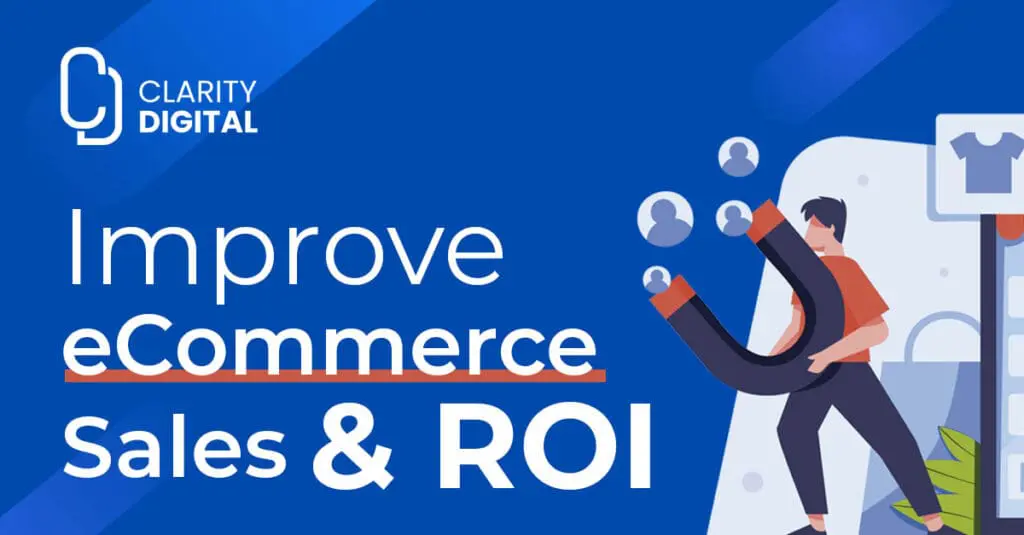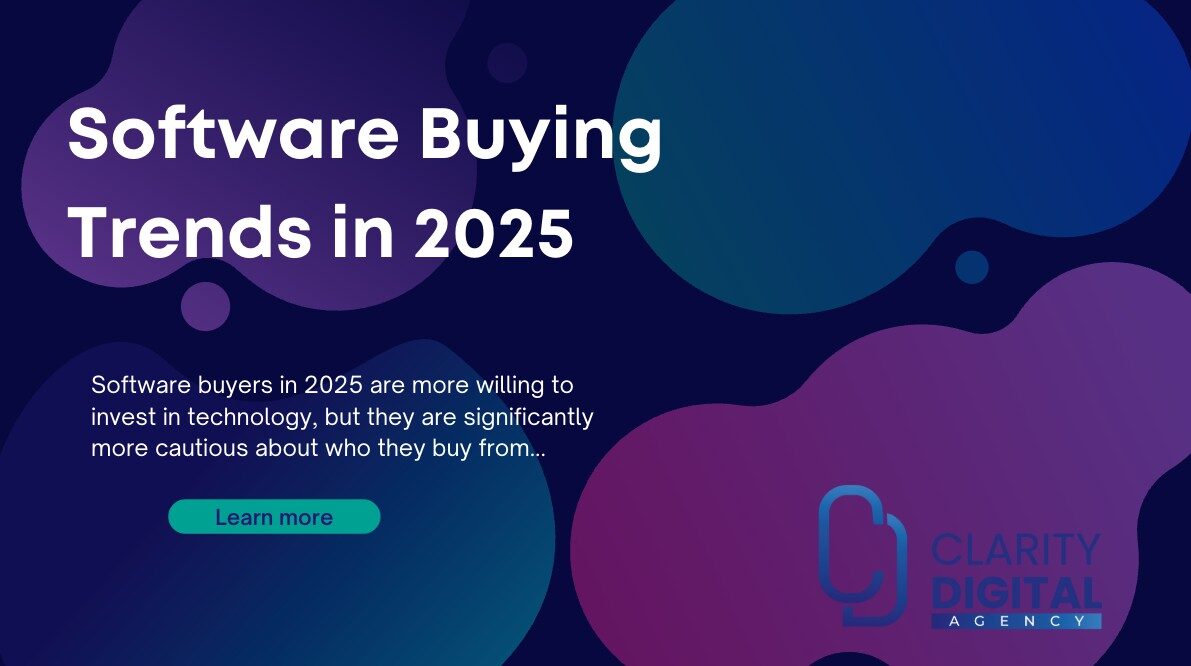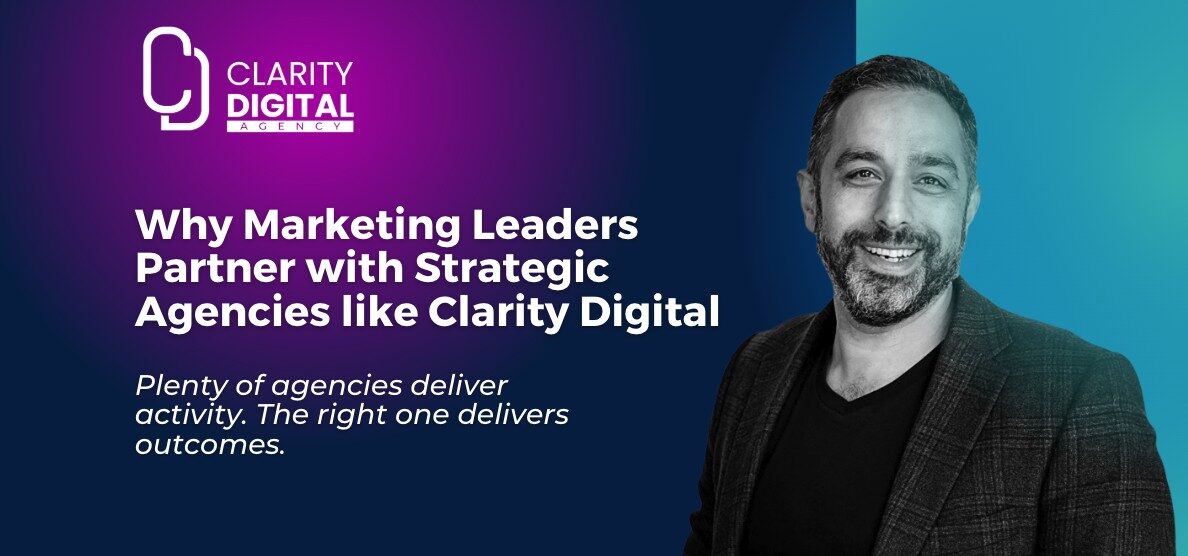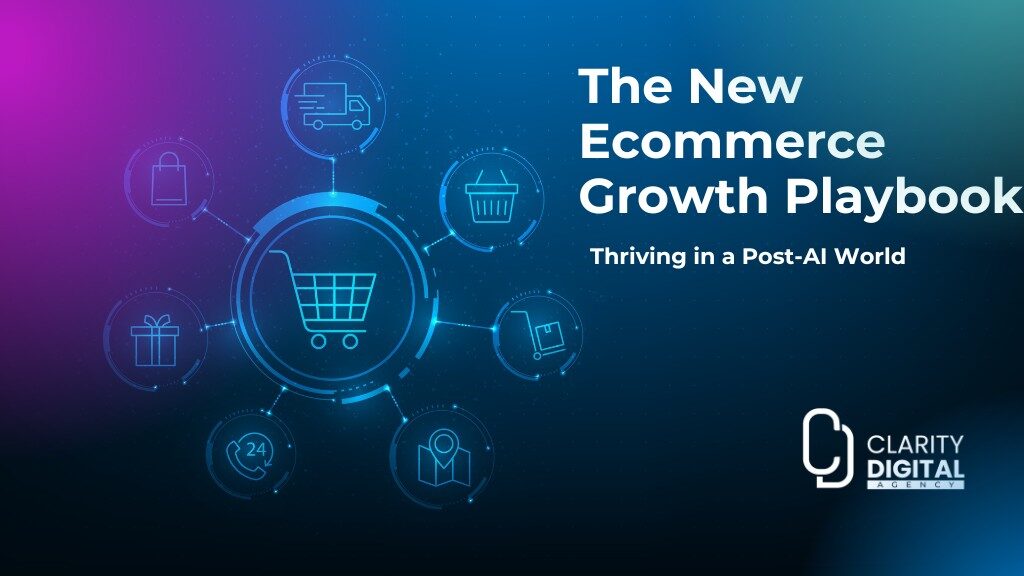Increasingly complex challenges are becoming more prevalent for digital marketing managers as e-commerce and marketing evolve. Two of the most significant hurdles are the rise of ad blockers and the intricacies of privacy regulations like General Data Protective Regulation (GDPR) and the California Consumer Privacy Act (CCPA). . Navigating these challenges is essential for maintaining effective marketing strategies and building trust with customers. Below are ten proven strategies to help you tackle these issues head-on and ensure your e-commerce marketing efforts are successful.
How eCommerce Marketers Can Overcome the Restrictions of Ad Blockers
Ad blockers can significantly reduce the reach of your paid advertising campaigns. However, with the right approach, you can mitigate their impact and continue to engage your target audience effectively.
1. Content Marketing, an Important eCommerce Marketing Strategy
Content marketing is a powerful tool for attracting and organically retaining customers. High-quality content that provides value to your audience can help you build trust and drive traffic without relying on ads.
- High-Quality Content: Focus on creating valuable content that addresses your audience’s needs and interests. This can include blog posts, how-to guides, product reviews, and more.
- SEO Optimization: Optimize your content for search engines to increase organic traffic. Use relevant keywords, meta descriptions, and alt-tags to improve your search engine rankings.
2. Leverage Native Advertising
Native advertising blends your ads seamlessly into the content of the platforms your audience visits. This approach makes ads less intrusive and more likely to bypass ad blockers.
- Sponsored Content: Partner with platforms that allow for sponsored content that blends naturally with their regular content. This enhances the user experience and promotes your products.
- Influencer Partnerships: Collaborate with influencers who authentically promote your products to their followers. Influencer marketing often circumvents ad blockers and builds trust with potential customers.
3. Enhance Email Marketing to Reach to Your Customers Directly
Email marketing remains one of the most effective channels for directly reaching your audience. By building and maintaining a robust email list, you can deliver personalized content that resonates with your customers.
- Personalized Campaigns: Create personalized email campaigns that address the specific needs and preferences of different segments of your audience.
- Segmentation: Segment your email list to send targeted messages tailored to different customer groups. Personalized emails can significantly boost engagement and conversion rates.
4. Boost Organic Social Media Campaigns to Encourage More Engagement
Social media platforms offer excellent opportunities for organic engagement, helping you reach your audience without relying on paid ads.
- Interactive Content: Features like Instagram Stories, Facebook Stories, and TikTok videos engage your audience with interactive and ephemeral content.
- Community Building: Foster a sense of community by engaging with your followers, sharing user-generated content, and participating in relevant conversations.
5. Optimize User Experience of your eCommerce Platform

Ensuring a positive user experience on your website can help reduce the likelihood of users employing ad blockers.
- Non-Intrusive Ads: If you must use ads, it is vital they are not intrusive and they add value to the user experience. This approach can reduce the likelihood of users employing ad blockers.
- Ad-Free Options: Consider offering a premium, ad-free experience for users willing to pay for it. This can enhance user satisfaction and generate additional revenue.
6. Video Marketing: Engaging Videos to Grab Attention Quickly
Video content is highly engaging and can effectively bypass ad blockers, especially on social media platforms.
- Short Videos: Create engaging short videos that quickly captures the attention of viewers and are less likely to be blocked by ad blockers.
- Live Streaming: Use live streaming on platforms like Instagram and Facebook to engage with your audience in real-time, offering a more authentic connection.
Navigating Privacy Regulations
Compliance with privacy regulations like GDPR and CCPA is crucial for maintaining customer trust and avoiding hefty fines. Here are some strategies to help you navigate these complex regulations while maintaining an effective marketing strategy.
7. Emphasize Transparency and Consent
Transparency is key when it comes to building trust with your customers and complying with privacy regulations.
- Clear Privacy Policies: Develop clear and comprehensive privacy policies that explain how you collect, use, and store user data. Make these policies easily accessible on your website.
- Consent Management: Implement robust consent management tools that allow users to easily opt-in or out of data collection and marketing communications. It is vital that you obtain explicit consent for any data collection and use.
8. Practice Data Minimization
Collecting only the data you need not only helps with compliance but also builds customer trust.
- Essential Data Only: Limit data collection to what is necessary for your marketing efforts. This reduces the risk of non-compliance and demonstrates respect for your customers’ privacy.
- Anonymization: Where possible, anonymize data to protect user identities while still gaining valuable insights for your marketing strategy.
9. Conduct Regular Audits and Stay Informed
Regular audits and staying updated on changes in privacy regulations are crucial for ongoing compliance.
- Compliance Audits: Conduct regular audits of your data practices and marketing activities to ensure they align with relevant regulations.
- Continuous Learning: Stay up-to-date on changes in privacy laws and regulations to adapt your strategies proactively. Subscribe to industry newsletters, attend webinars, and participate in relevant forums.
10. Prioritize Training and Awareness
Educate your team and customers about privacy regulations and best practices.
- Employee Training: Conduct regular training sessions for your employees on data privacy regulations and best practices. This ensures that everyone in your organization understands and adheres to compliance requirements.
- Customer Education: Inform your customers about their privacy rights and the measures you take to protect their data. Transparency and education can enhance customer trust and loyalty.
Bringing It All Together: Your Path to eCommerce Marketing Success
While the challenges posed by ad blockers and privacy regulations can seem daunting, adopting these strategies can help e-commerce marketing managers and directors effectively navigate these hurdles. By focusing on content marketing, native advertising, email marketing, social media engagement, and video marketing, you can overcome the impact of ad blockers. Simultaneously, prioritizing transparency, data minimization, regular audits, user rights management, training, and data security will ensure compliance with privacy regulations like GDPR and CCPA.
With a well-rounded approach, you can not only maintain but enhance your e-commerce marketing strategy, building stronger relationships with your customers and driving business growth.
Get in Touch with Clarity Digital for eCommerce Marketing Excellence

Ready to elevate your e-commerce marketing strategy? At Clarity Digital, we have years of experience delivering successful SEO and paid campaigns for B2C, D2C, and B2B e-commerce businesses across various industries. Whether you’re looking to boost organic traffic, improve customer engagement, or increase conversions, our expert team is here to help.
Don’t wait to transform your e-commerce marketing efforts. Contact Clarity Digital, your trusted e-commerce marketing agency, and get a personalized quote today. Let us help you achieve your marketing goals and drive your business to new heights.





